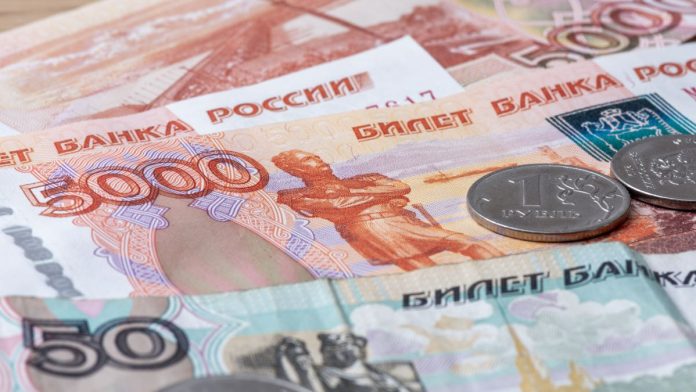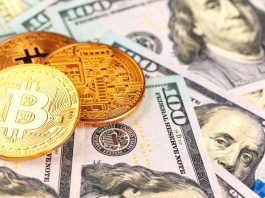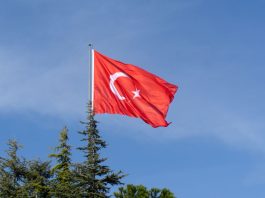Moscow, September 14 – The Russian Central Bank has increased its key interest rate by 100 basis points, moving it from 18% to 19%. The decision aligns with analysts’ expectations, as the bank has consistently flagged high inflation and the need to cool the overheating economy. The information comes from AFP.
Inflationary Pressures and Monetary Tightening
“Current inflationary pressures remain high,” the central bank said in its official statement on Friday after announcing the rate hike. “It is necessary to tighten monetary policy again to restart the disinflation process, lower inflation expectations, and ensure that inflation returns to the 4% target next year.”
| Key Interest Rate | Previous Rate | New Rate |
|---|---|---|
| Interest Rate (2023) | 18% | 19% |
In August, Russia’s year-on-year inflation rate reached 9.05%, slightly lower than July’s 9.13%, but still well above the central bank’s 4% target, according to the Russian Statistical Office. Russia has been grappling with price fluctuations since its invasion of Ukraine in February 2022, which triggered unprecedented Western sanctions. In response, the Russian government implemented measures to stabilize the economy.
Economic Impact of Increased Military Spending
Since 2021, the last year before the war in Ukraine, the Russian government has increased military spending by nearly 50%. This move helped prevent the economic collapse many economists and politicians initially predicted, but it also accelerated inflation significantly. The ongoing war has also led to a reduction in the workforce, as many men have been sent to fight in Ukraine, and thousands more have fled the country.
| Year | Inflation Rate |
|---|---|
| 2021 | Target: 4% |
| August 2023 | 9.05% |
| July 2023 | 9.13% |
Labor Market Tightness and Record-Low Unemployment
The labor market remains tight, with unemployment reaching a historic low of 2.4% in July, according to the Russian Statistical Office’s data published in late August. This is the lowest unemployment rate in Russian history since measurements began, reflecting the strain on the workforce due to the war and sanctions.
Looking Forward
As Russia continues to face the economic fallout from the war and sanctions, the central bank’s decision to increase the key interest rate is a clear attempt to control inflation and stabilize the economy. However, with high inflation and a shrinking labor force, the country’s economic challenges are likely to persist in the near future.
Key Keywords:
Russian Central Bank interest rate, inflation in Russia, economic stabilization, Western sanctions, military spending, workforce reduction, unemployment in Russia, price fluctuations, monetary tightening



